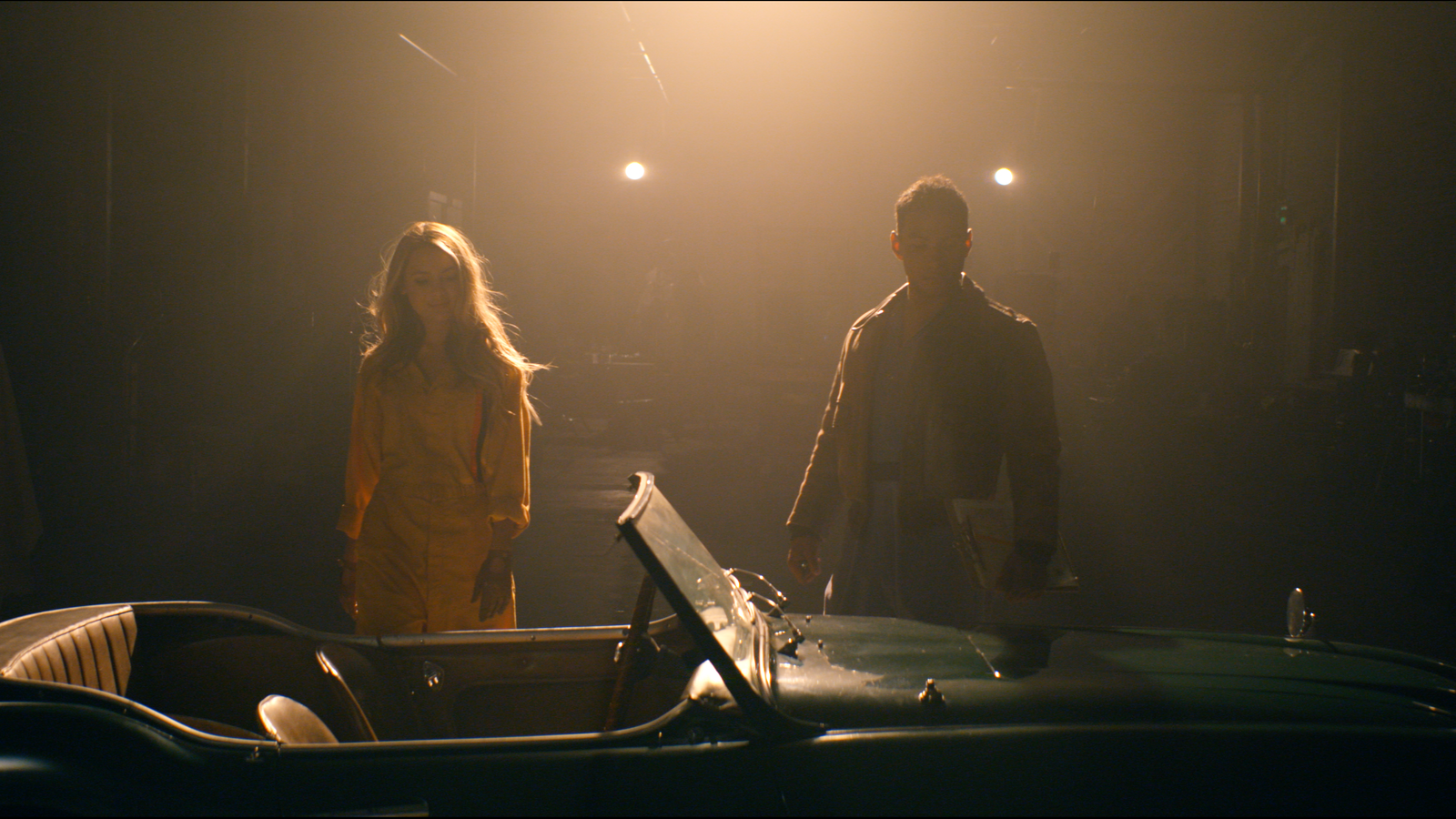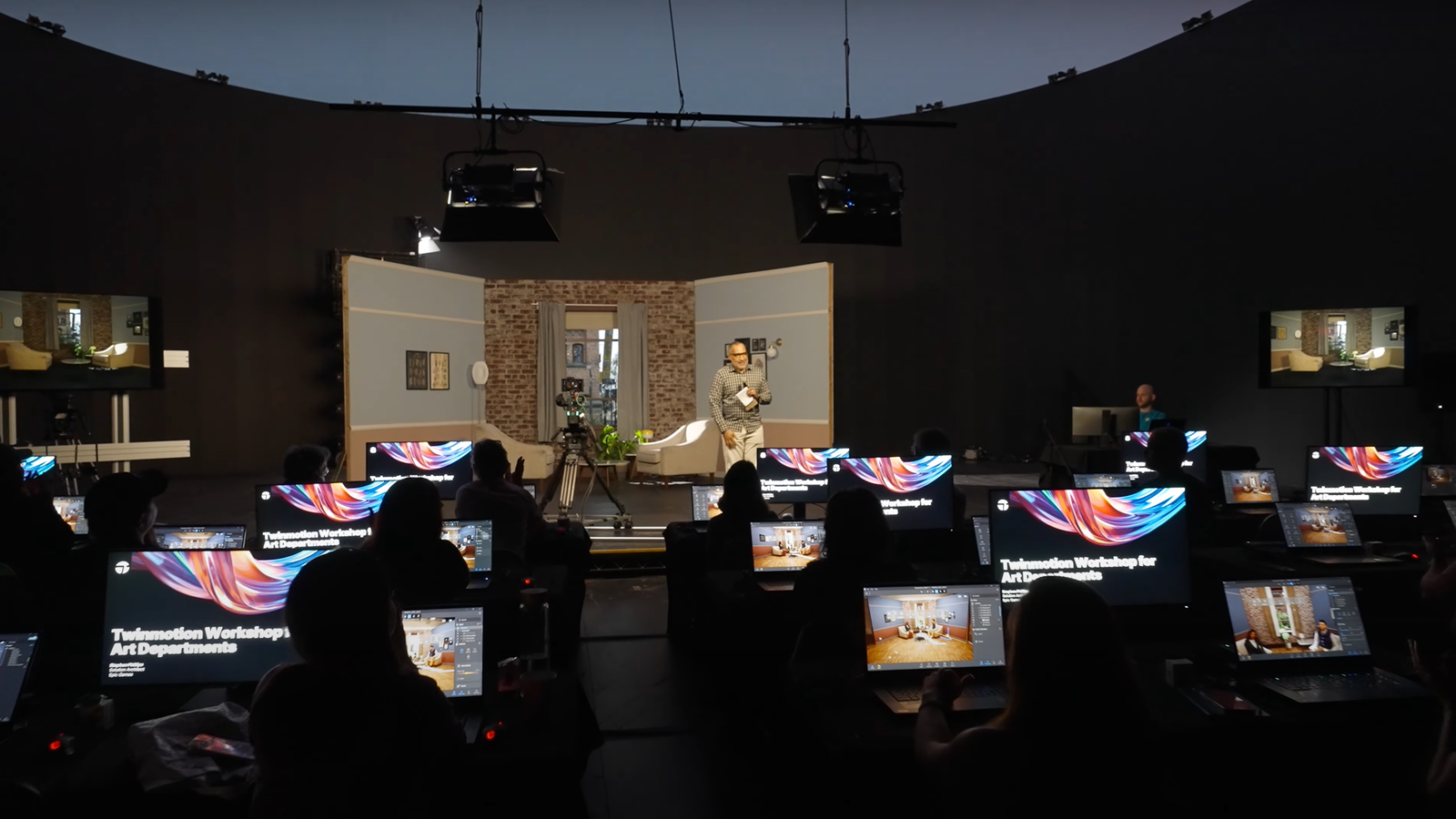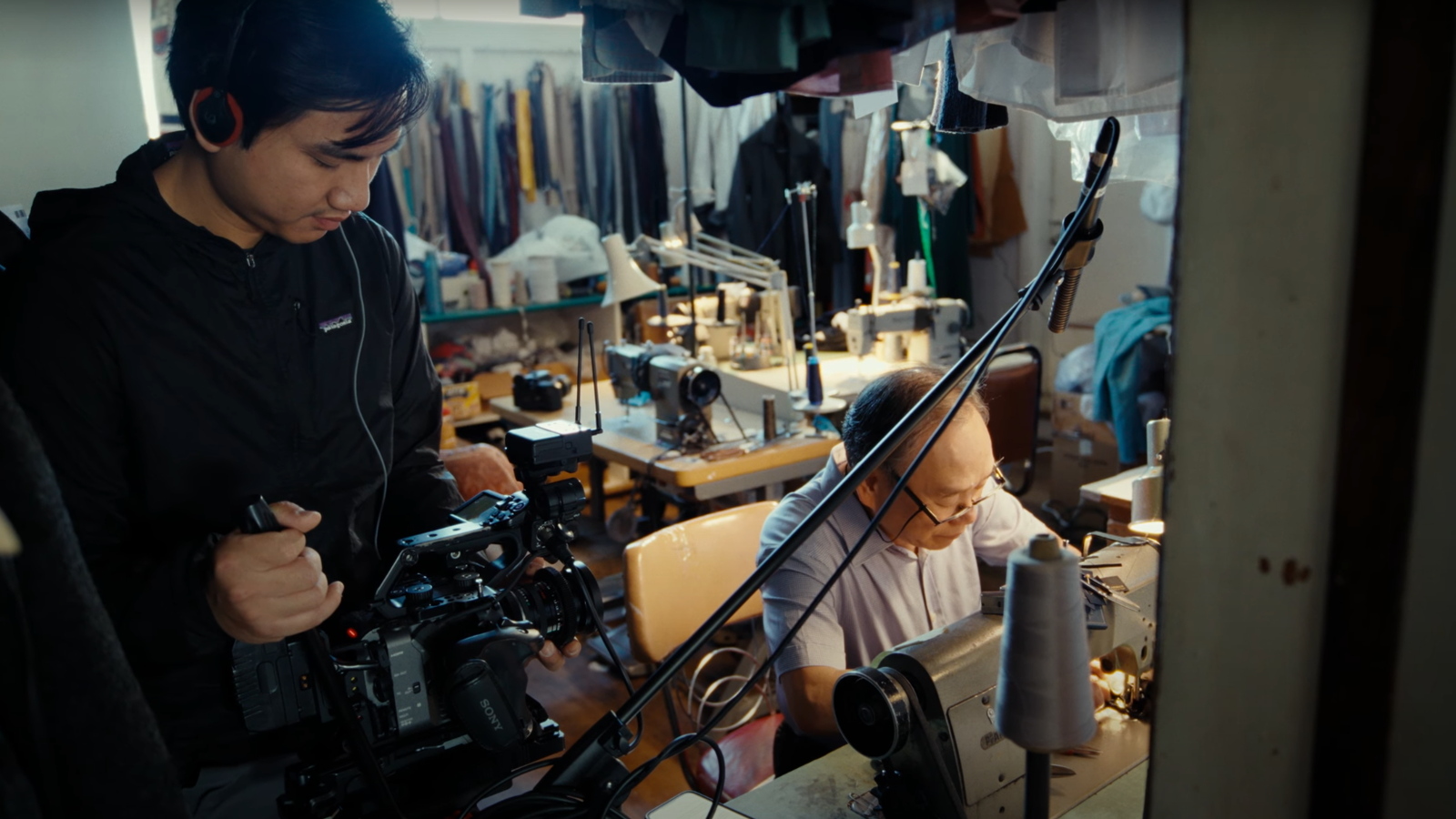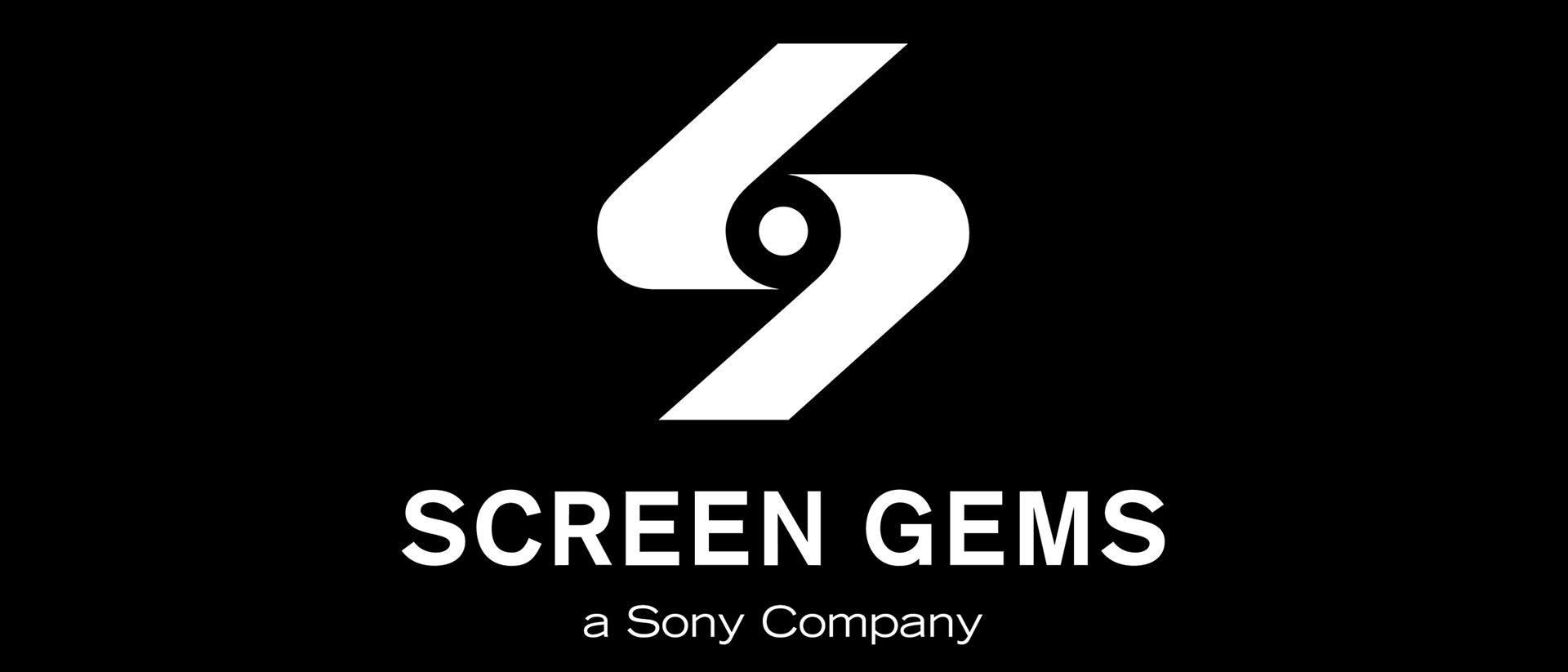
05-20-2020 - Case Study
Reels for Cinematographers Part Two - A Studio Exec's Perspective
By: Jeff Berlin
Glenn Gainor is a film producer and Head of Physical Production for Screen Gems, a motion picture label under the Sony Pictures banner.
We spoke the other day with Glenn about what he likes to see in DP reels and websites.
Be sure to check out Part One of this series: Reels for Cinematographers - An Agent's Perspective
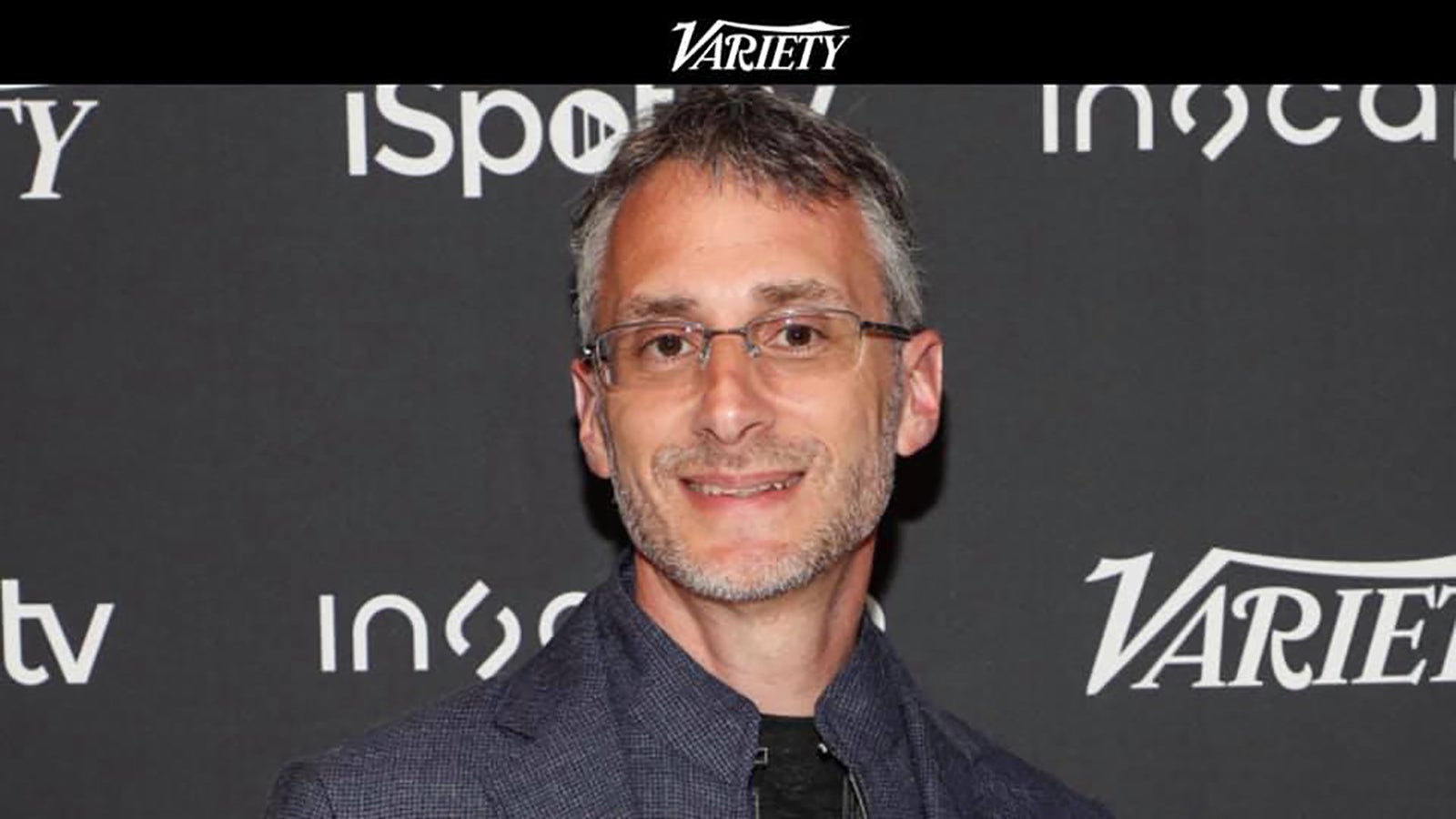
Glenn Gainor
Jeff Berlin:
When you look at a DP reel, what do you want to see?
Glenn Gainor:
When I hire a cinematographer, the first thing, before I even get to the reel, is I consider their body of work and who their agent is. So I'll contact my favorite agents whom I trust, who know my style, the kind of films we like to make, and how we like to make them, and then I'll look at the reels they submit. Conversely, one of my creative executives loves foreign films and he'll sometimes say, "Hey, have you seen this amazing cinematographer who did work on Guillermo del Toro's movie? He's been an operator, lives in Mexico, and I think he's quite eclectic.”
But sometimes eclectic doesn't quite fit the movie we're specifically making, so it always comes down to finding a cinematographer whose body of work is representative of the kind of movie that I'm trying to achieve. You can certainly hire a cinematographer and tell them, "Your work has always been this kind of look, but I want a different kind of look." Like Dante Spinotti, whose work always fits the movie he’s making, and that's why he's one of the great cinematographers. So it’s a combination of body of work, and then the presentation, the images, I consider them all.
And about BTS, the only time I would say do a behind the scenes film is if somebody interviewed you and you had this incredible behind the scenes moment where you did something wholly unique. Timur Bekmambetov is in Russia right now, in Saint Petersburg, and he is shooting on game engine, and that's unique. So if I were involved in that, I'd want to talk about how we made that film. So I think BTS is only valid if you're doing something different from turning on a camera and exposing a certain lighting technique. Lighting technique is a form of artistry. But if it's a game engine world, if you've done LED screens, or if you've done anything that is cutting edge, then in that particular case, it might be nice to have behind the scenes. But otherwise, it's all the work, the final result that interests me.
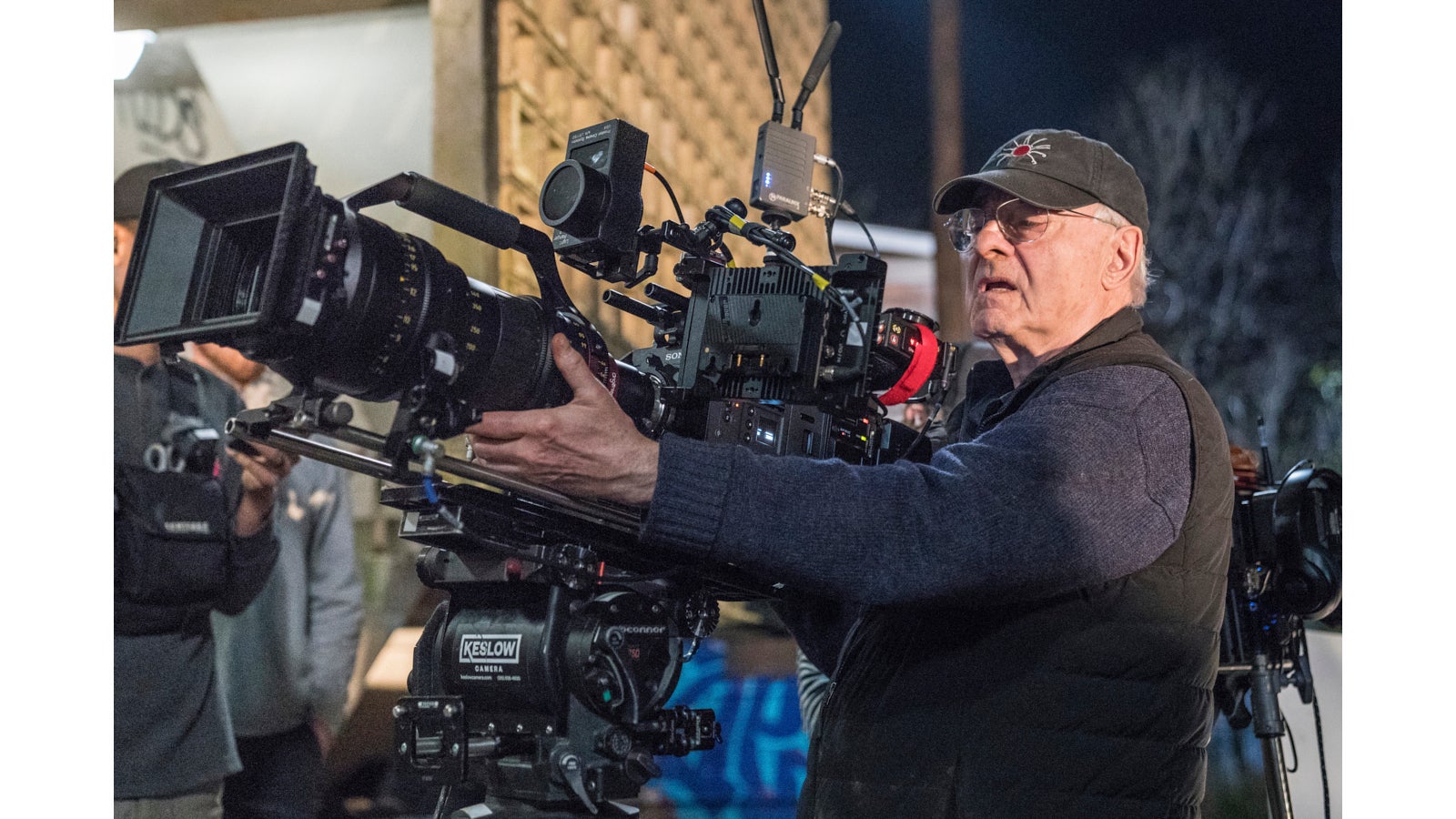
DP Dante Spinotti on the set of "Black and Blue"
Jeff:
Do you have a preference for the type of reel – montage versus an assembly of scenes? And what about agent input for a reel?
Glenn:
People used to do montages, but now, with the web, you can go to links and see the best of each film. If I were a cinematographer and I had a body of work, and the trailers were good, I'd put up five trailers and call it a website.
An agent’s job is to guide you, to give feedback, but you've got to know your own stuff. If you don't know what to put on your reel, then I don't know if you are ready for an agent.
Jeff:
Yesterday I was talking with an ASC DP friend. He said he doesn't do a reel at all, he just shows trailers. He's established enough that he can do that. But for people who are less established, they're going to put a reel together, maybe two, two-and-a-half minutes.
Glenn:
Yes, that's why there's no right answer. What style works best for you is unique to you.
Jeff:
Is there anything you would find disqualifying?
Glenn:
Not really in presentations. What turns me off is the body of work, and what turns me on is the body of work. That's the hard part. You really can't trick somebody with a reel, because if you've got a reel, and it's got a bunch of unknown performers, and small locations, and screams indie, well, then you're indie. The reel always reflects the body of work. That's the stark reality of it, because it's your work. Hopefully you lead with the stuff that's the most innovative and shows that you're different and unique. At some point you've got to break out. At some point as a cinematographer, it's not the reel that gets you to work, it's the kid you went to college with that gets you the work; your network and the trust you’ve built with your friends and colleagues.
Jeff:
How do you mean?
Glenn:
It’s about community. At some point you're in film school, and somebody says, "I want to direct," and you say, "And I want to be a cinematographer." And you guys go do a short film together, and that director gets recognized, and hopefully that director brings you onto his or her first feature film. That's why you create strong communities. It's really about this, so be a part of your community. Your community is far stronger than your reel, because eventually you'll get a television show, and then you'll have 15 episodes of the same TV show. And guess what? You now have a reel. That's how it works.
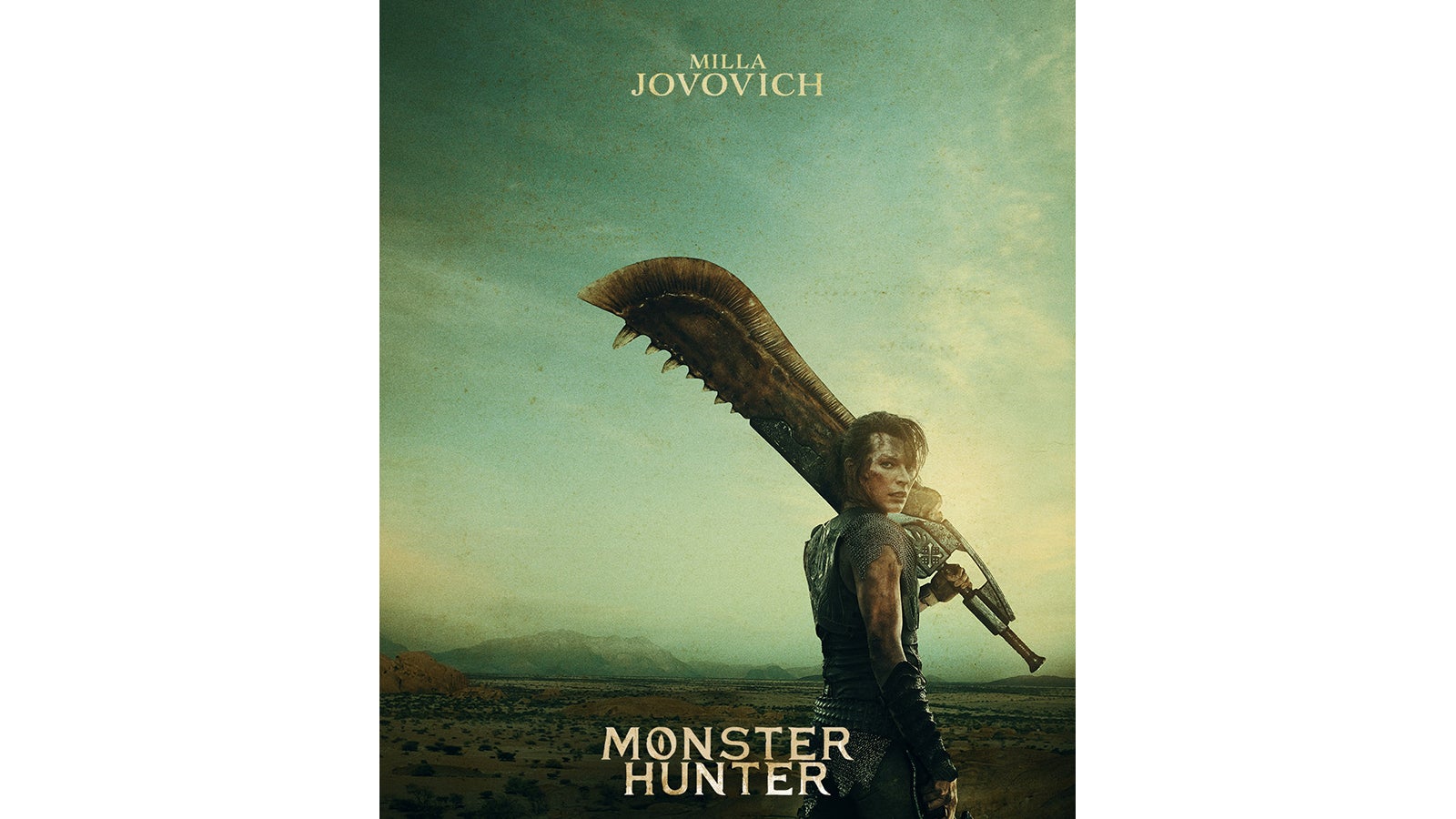
Poster for "Monster Hunter'" a Screen Gems film
Jeff:
When you're looking at a reel, how much time do you give it?
Glenn:
It's completely case by case. It's like a screenplay. If you're reading scripts trying to figure out which one to buy, and the first 10 pages don't grab you, you put that one down and you go to the next one. But if it grabs you, you keep reading.
Jeff:
Is there anything about websites that grabs you or repels you?
G:
If it's too fancy, if you put too much attention on the actual website, then it's suspect, because you should have other things to do than build a fancy website.
Jeff:
So, super-simple, easy to navigate, showcases the work, don't be fancy.
Glenn:
Yes. I remember when I was in college, and I had made a short film, and I had put a little bit of the short film's music onto my outgoing tape-recorded phone message. And a Hollywood executive called me back, left a message and said, "Some of us actually have a lot to do during the day, so I'd appreciate a shorter outgoing message." And that was my college lesson about the movie industry - we're all busy, so take up as little time as you can with me so we can get down to the business of hiring you.
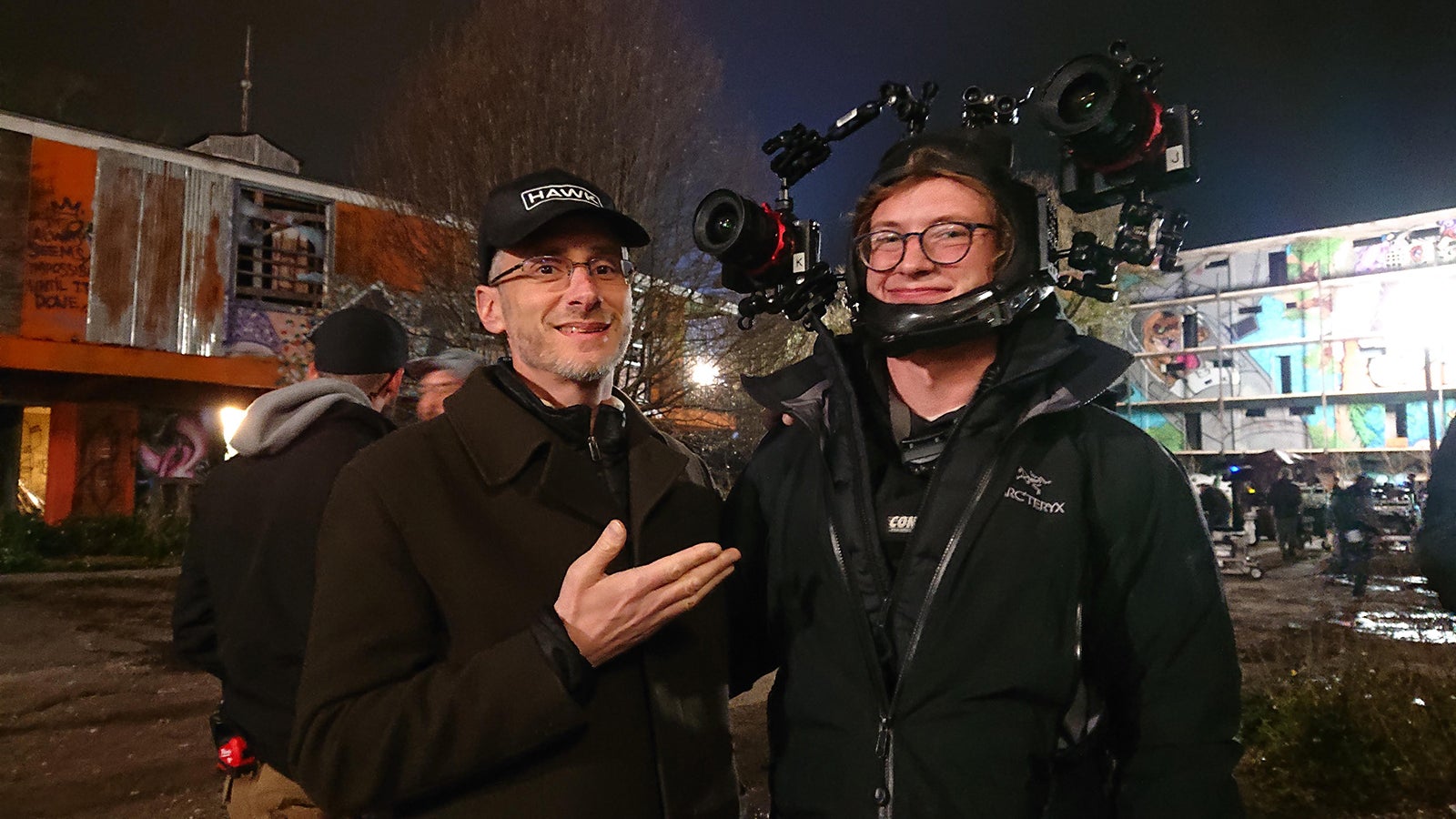
Glenn Gainor on the set of "Black and Blue"
Jeff:
What are your thoughts on the current situation and how work will be moving forward?
Glenn:
The question is, what is the DP doing today that is technologically different and going to get us through a new COVID-19 reality of employing technology to help tell great stories? And what can we do differently so that we can have distance between each other as we create our craft. It's a pressing question today, but I can't tell you if that will be a pressing question in two years.
We have a highly collaborative industry, and that's been our strength. How do we each become more reliant on simplifying the process without jeopardizing the craft and the jobs?
Jeff:
I think we're in uncharted territory in that sense.
Glenn:
And that's the big question. What can we do differently to protect our industry? Clearly, the MLB will get back to playing ball. The NHL will start playing hockey again. And they are figuring out what to do about their crowds. And our industry is also looking at how to do things differently. We’ll come out of this even stronger.
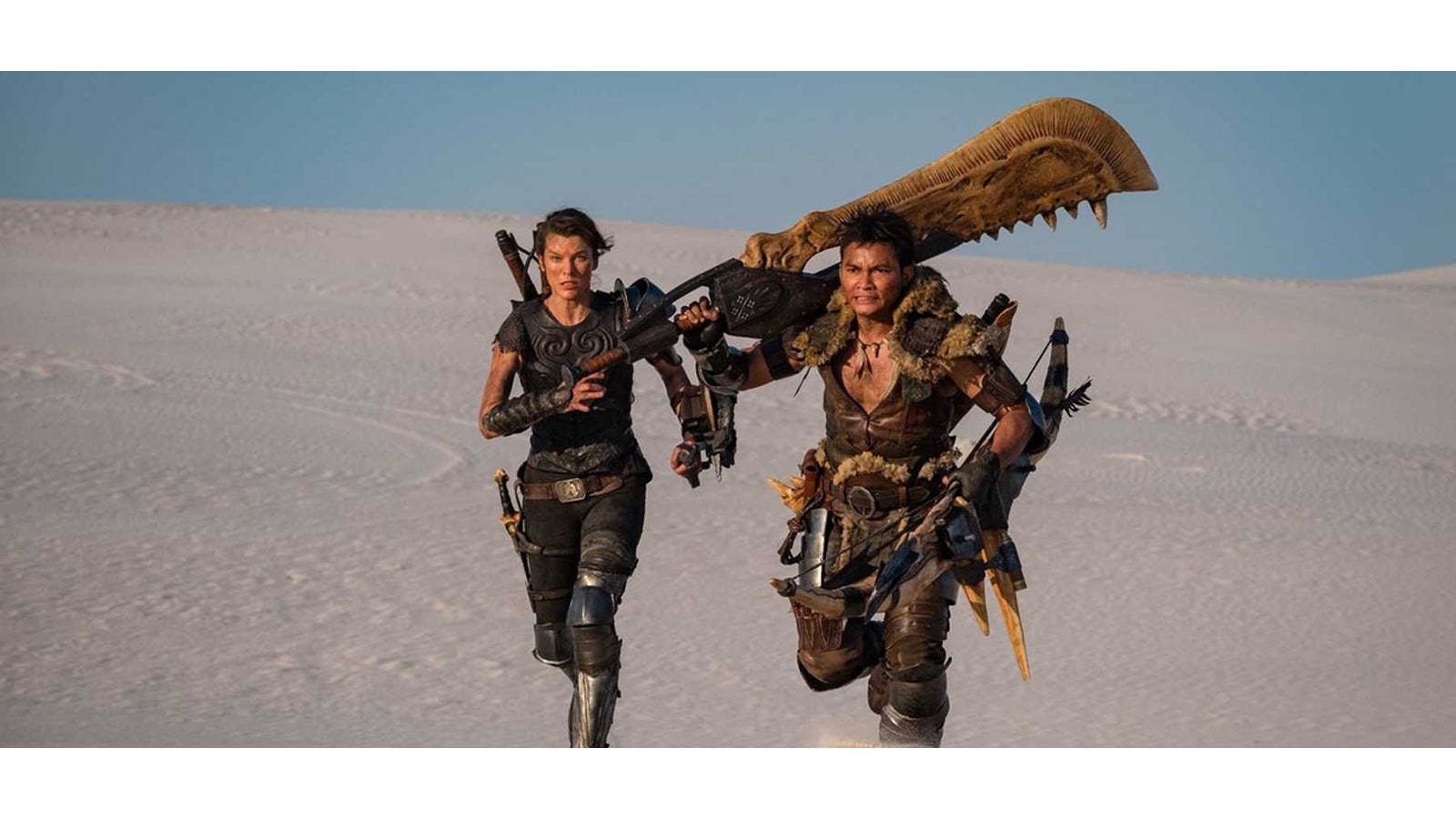
"Monster Hunter" production still

